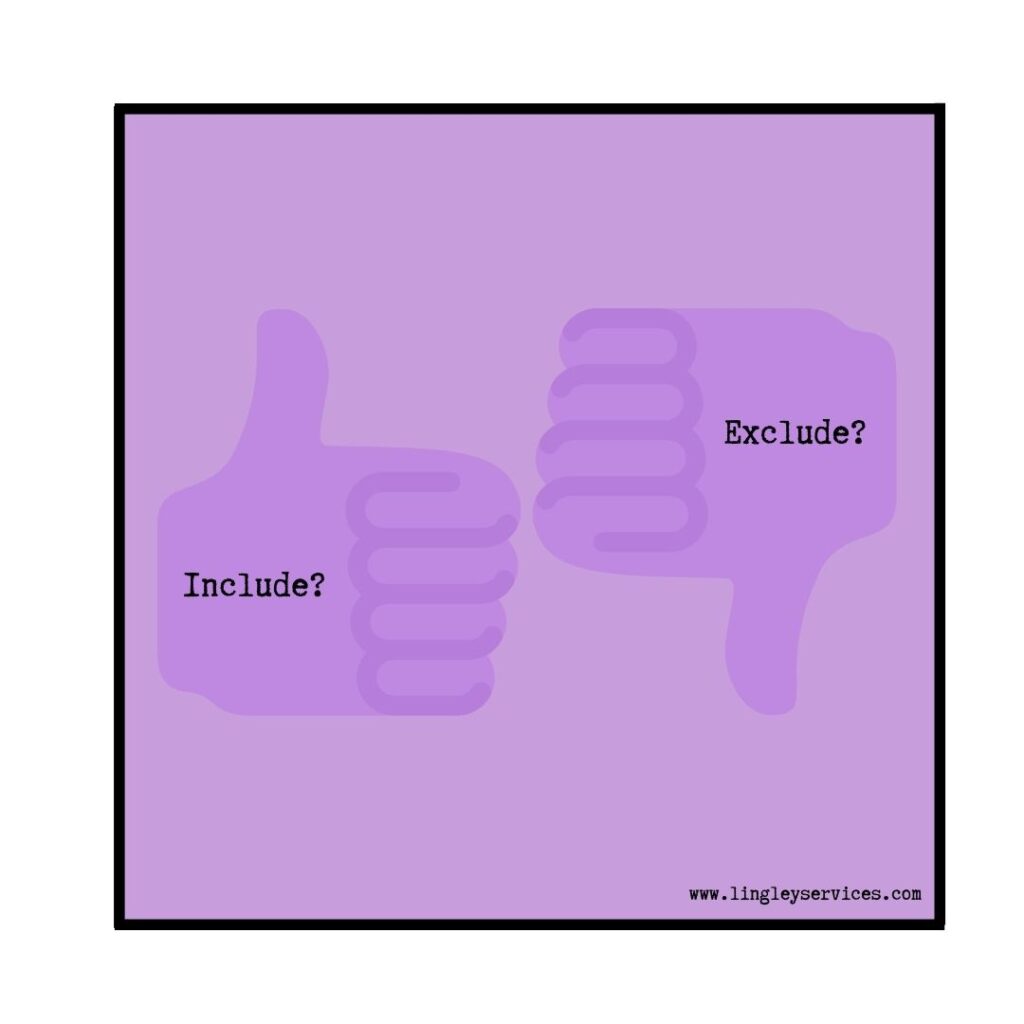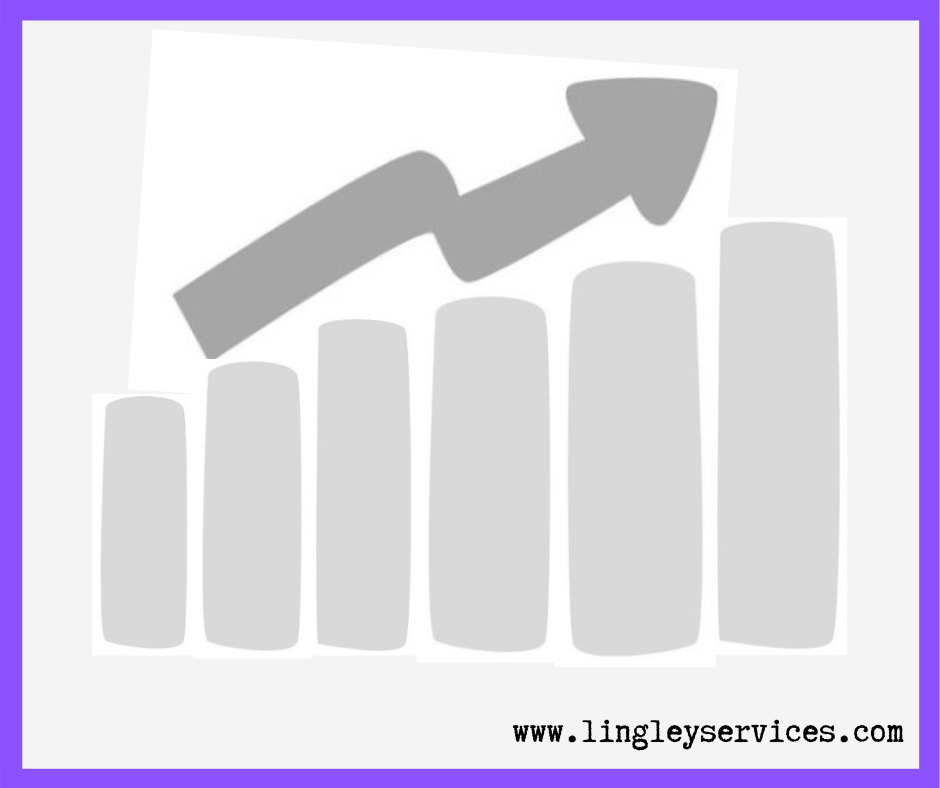6 Things to Include on Your Author Website
As a writer, you most likely have a platform that allows you to share information about your writings with your audience.
And you probably like having a way to keep your followers updated on new pieces, your thoughts about your writing journey, and simply stay in touch with those who enjoy reading your work.

That being said, if you’ve explored website platform and hosting options even a little bit, you know there are a wide variety to choose from.
There are packages that allow you particular creation and theme options. Or there are personalized services you can purchase from a web developer who organizes, publishes, and manages your content for you.
Whatever your approach, preference, budget, and goals are, deciding what you to include on your website is one of the first steps. But sometimes it can be hard to know what the fundamentals are you should include for optimal visitor satisfaction and visitor engagement.
While most author platforms are unique to the individual and their topic or focus, there are certain commonalities between the most successful ones that show what types of things are good to include.
According to John Burke, Co-Founder of Pub Site (a website builder for books and authors) and COO of FSB Associates (an online book marketing firm), there are 6 crucial things to include on your author website:
- Biography page
- Books/writings page
- Mailing list sign-up page
- Blog page
- Contact Me page
- Media page
You may wonder what the importance of these things is or who decided these components were necessary. I can tell you from my own experience that not including these things greatly minimizes your visitor satisfaction and visitor engagement.
When I was in high school, I researched, wrote, and self-published my great-grandparents’ immigrant biography. I sold a few cases to local bookstores, got interviewed by the local small-town newspaper, and was reviewed by a few writers and authors more successful than I was.
I young and naïve and believed every reader on the planet should and would be as intrigued as I was with my family history. I did not know niche audiences were a thing, however. And I did not know about the importance of finding my target audience.
The website I built for myself was centered on my passion for becoming a “real, full-time” writer someday soon and included links to various short stories and other pieces I’d contributed to anthologies. The site is no longer active, but if I were to visit it today, I’m sure there would be many holes in it.
At that time, I did not understand the importance of focusing on providing VALUE to my audience. I simply thought a website was a place to showcase ME; the audience would build on its own because, well, ME was exciting.
Wrong. I learned that my visit counts were super low (less than 5 a month, on average) and that my engagement was pretty much non-existent (maybe 2 in a year). While this was disappointing, I didn’t know enough about constructing and managing my website to fix the problems.
In the [many] years since then, I have learned the importance of building a website based on value, authenticity, and a clear, concise vision for how to help, inspire, and motivate your audience. It’s about THEM, not YOU even though in the end, making it about THEM subsequently benefits US.
Of course, we want our audience to buy and read our work but if we really think about why we write what we do we will all most likely admit that we want to give others productive food for thought, ya?
So, if giving others productive food for thought is the goal, how do we optimize the aforementioned writer/author website must-haves? Below is a brief outline of what each page could contain to improve both visitor satisfaction and visitor engagement.

Biography page: this page is important so people know who you are, what you like, what you do, and what you stand for. You can include a short bio on, say, your Home page so people get a gist, and then a Read More link to your Biography Page where they can learn more about YOU. Are you a comedian? Make them laugh. Do you write about serious or sad topics? Be transparent and approachable. Whoever you are, whatever your write, whatever you enjoy, be AUTHENTIC.
You should also include what your vision is as a writer and why you write what you write, any upcoming events you may have on your calendar, and what you do in your life in addition to writing. While there is no official blue print for this page, remember its purpose is to give your audience a peak into you, your life, and your writing; the more they can relate to and appreciate what you’re about the more likely they are to connect, follow, and support you.
Your Biography page should also include at least one picture of you, be it professional or casual, so your readers can put your smiling face to your name. You could make it one of you in your “natural” setting of your writing area, or perhaps one of you enjoying a hobby, cuddling with your pet, etc. Having a few different styles of photos throughout your bio is great so your audience gets a feel for who you are.
Books/writings page: without writings you wouldn’t have a website, so including this page is an absolute necessity! Whether you have books, articles, or other shorter contributor pieces, always include the publication and printing information such as publisher and date released so your visitors can both see your writing history and verify your credibility.
Additionally, including a linked description to each individual piece allows you to direct readers to a specific writing more easily. They will thank you for not having to scroll through your entire list of writings to find the one they want.
And if you have a book trailer, interviews, short excerpts, or feedback blurbs from readers, feel free to include those, too. And last but not least, always include a Buy Here link where applicable.
Mailing list sign-up page: if you’re just getting started as a writer or are a new author without a following yet, this page may seem unnecessary. However, setting it up now means you don’t have remember to set it up later once you do start getting subscribers.
Even if you choose to never start a newsletter, a mailing list makes it easy for you to notify your audience about upcoming event updates, new release updates, etc. And most people enjoy hearing this type of news from you “personally” versus having to visit your social media pages to read about them.
Blog page: you already write a lot, but get ready to write a LOT more! Blogging is a valuable marketing tool you can use to increase your website SEO, make yourself more easily searchable and visible on the internet, and grow your writing network.
So, what should you write? Write about things related to your books or articles, about topics that interest you, about things you are knowledgeable about. If you can tie a topic that’s within your area of expertise with a current event, for instance, even better as this will only improve your visibility.
You can use your blogs to build your following and engagement on social media and vice versa. As you blog, post about it to get visitors to your website; as people visit your website, they will be directed to visit your social media pages. It’s a win-win that will only increase your visitor satisfaction and your visitor engagement as you maintain that momentum.
Contact Me page: this page may seem cliché but it’s important to have if you want to build and grow an engaged audience. Give your website visitors a clearly outlined way for them to contact you. If you choose to use a Contact Me form, be sure you don’t ask for unnecessary information; their name and email are more than sufficient and asking for more than that may be a turn off.
Interacting with your audience can be fun, interesting, and fulfilling. Make it easy for them to get in touch with you. As well, meeting and talking with your readers sometimes presents networking opportunities you might not otherwise have, which is always a plus!
NOTE: using a Contact Me form minimizes the chances of your email being collected by spammers and the sender’s email ending up in your Spam folder.
Media page: share pictures from your live events, such a book readings, book signings, or speaking engagements; include live-linked images of your book covers for purchase and a link back to your Contact Me page in case your visitors would like to reach out.
Additional content: the 6 must-haves for your author website are a guide to get you started with providing your reader audience with content they will enjoy and benefit from.
This is not to say, however, that adding other pages to accommodate content specific to your niche is off limits.
In fact, creating an author website that is an authentic representation of you, your style, your tone, and the vibe you want to cultivate for your readers means it will be unique. Some examples:
- Mission/Vision page
- Philosophy page
- Donations page
- Affiliations page
- Speaking engagements/events page
- Resources page
Knowing what to include and what not to include on your website is an important tool as you market your books and grow your reader audience.
And being authentic is a solid foundation on which to grow your brand as an author and bring positive change to the world around you.
Feel free to contact me with any questions or to go over any concerns you might have about your website. I’m here to help you reach your highest potential and celebrate your success!